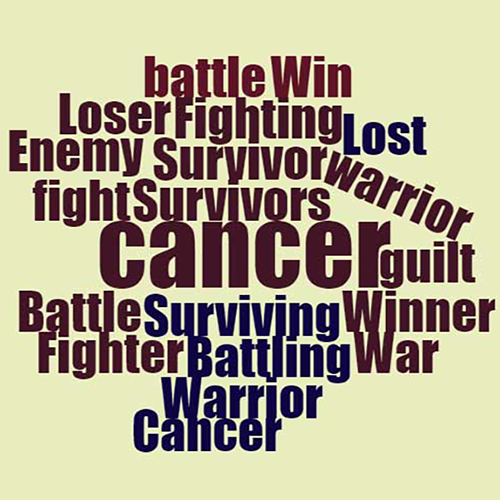Advocacy
Nearly 11 million Americans are cancer survivors
Chances are, if you're visiting our web site, you know what it means to battle cancer personally. For some, that experience leads them to a different kind of fight: the fight for more resources and better public understanding of what it will take to cure cancer. At the University of Michigan, our patients are making their voices heard.




